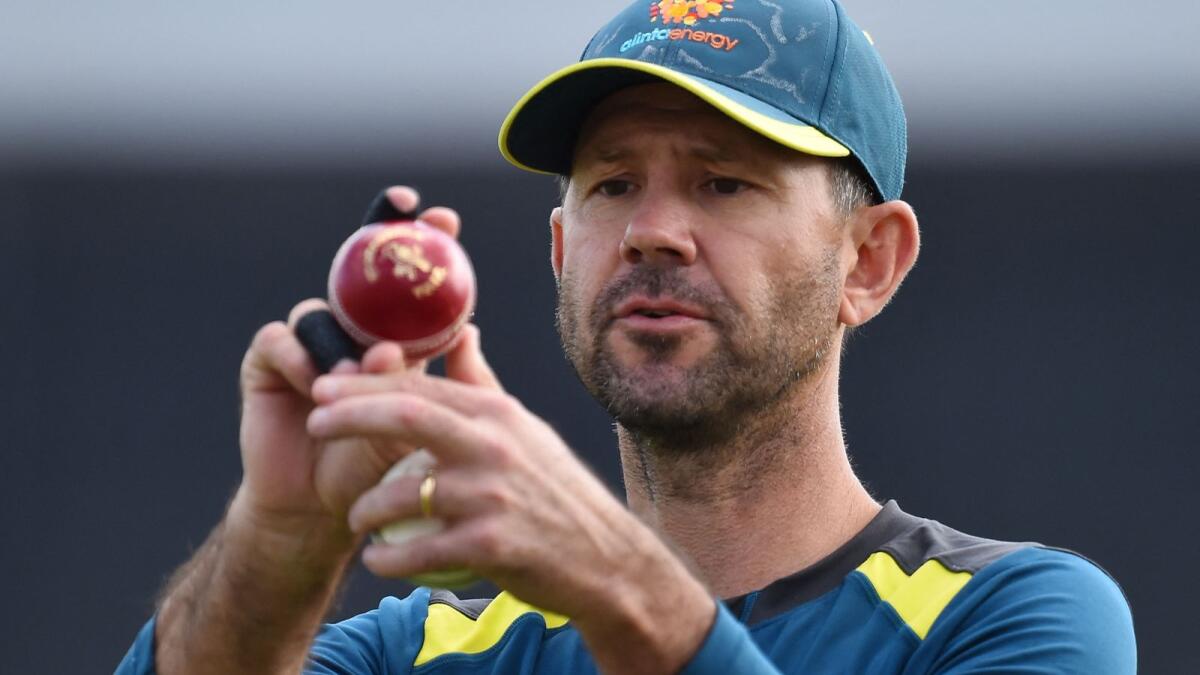Former Australia captain Ricky Ponting revealed that he was approached to be India’s next head cricket coach but cited the demands of the job as a reason for likely not taking it up. Ponting, who is currently the head coach of Delhi Capitals in the Indian Premier League and has various other coaching and television commitments, stated that the role would require him to devote up to 11 months of the year to the job, which did not fit into his current lifestyle or interests.
Ponting mentioned having little one-on-one conversations with the Indian cricket board during the IPL to gauge his interest in the position and noted that taking on the job would mean giving up his involvement with an IPL team due to conflicting schedules. The India head coach position will become vacant after the T20 World Cup in June, with speculation about potential replacements, including former players like Gautam Gambhir, Stephen Fleming, and Justin Langer.
Despite the excitement of his son at the prospect of him becoming the India coach, Ponting acknowledged that it was not the right fit for him at the moment. He shared the enthusiasm of his son for the cricket culture in India, but ultimately, the timing and lifestyle aspects did not align with his current commitments. Ponting’s decision to decline the opportunity highlights the challenges and sacrifices involved in taking on such a high-profile coaching role, especially when balancing various professional engagements and personal priorities.
As an experienced coach and former player, Ponting’s insights into the demands of coaching at the international level provide valuable perspectives on the challenges faced by individuals considering such roles. His decision to prioritize his current commitments and personal enjoyment over the potential opportunity to coach the Indian team reflects the importance of aligning professional roles with personal priorities and lifestyle preferences. This aspect of decision-making is crucial for individuals in high-pressure and high-profile positions, where work-life balance and personal satisfaction play significant roles in career choices.
The competition for the India head coach position indicates the prestige and importance of coaching roles in international cricket, especially for a team like India with a strong cricketing tradition and global fan base. The expectations and pressures associated with coaching a team of India’s caliber are significant, requiring individuals with a deep understanding of the game, strong leadership skills, and the ability to handle intense scrutiny and media attention. The search for a suitable candidate to lead the Indian team underscores the significance of finding the right fit in terms of coaching style, approach, and overall compatibility with the team culture and players.
Ponting’s decision to pass on the opportunity to coach India highlights the complex nature of coaching decisions in the world of cricket, where factors such as personal preferences, lifestyle considerations, and professional commitments come into play alongside the inherent challenges and rewards of coaching at the highest levels. The process of selecting a new coach for India post the T20 World Cup will involve careful assessment of candidates’ credentials, experience, and suitability for the role, ensuring that the chosen individual can lead the team effectively and guide them to future successes on the global stage. The dynamic nature of coaching appointments in cricket reflects the ever-changing landscape of the sport and the ongoing quest for excellence and competitiveness at all levels.











